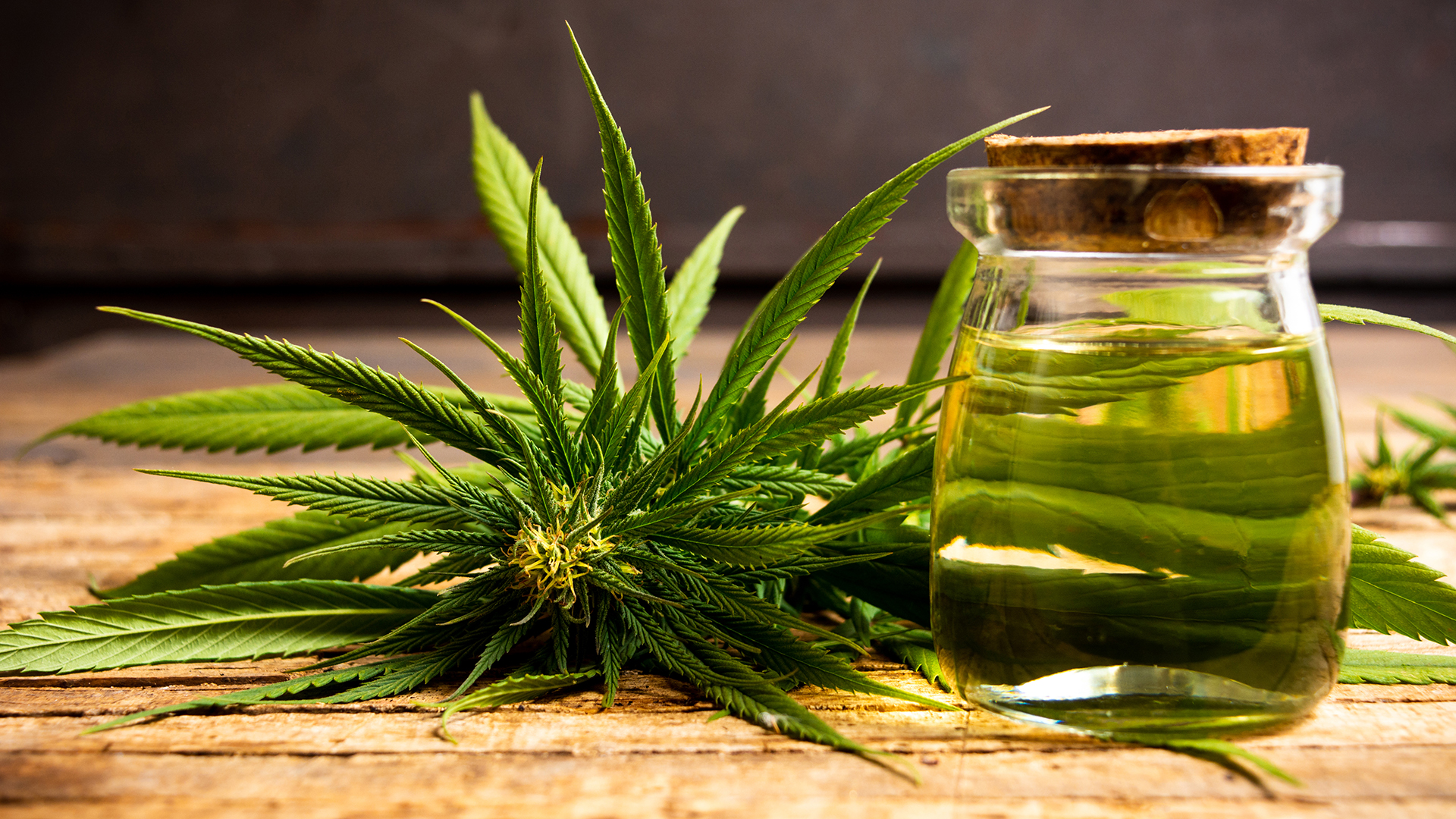Indicators on Dispensary Denver You Should Know
Wiki Article
Dispensary Denver Fundamentals Explained
Table of ContentsDispensary Denver Fundamentals ExplainedIndicators on Dispensary Denver You Should KnowSome Of Dispensary DenverDispensary Denver Can Be Fun For EveryoneNot known Details About Dispensary Denver 7 Easy Facts About Dispensary Denver Shown
Although we do not have detailed information on regional marijuana tax revenue and also revenue from basic sales taxes on marijuana acquisitions, the limited data suggest federal governments are collecting considerable added revenue from these taxes. For example, in Oregon, the state government levies a 17 percent cannabis tax obligation on the retail price and city governments can furthermore impose a 3 percent tax.As an outcome, states do not increase much revenue from these tax obligations. There are three main ways state as well as local governments tax obligation entertainment cannabis. A percentage-of-price marijuana tax obligation usually works like a basic sales tax obligation in that the tax is calculated as a percentage of the retail price, is paid by customers in addition to their purchase at check out, as well as is remitted to the federal government by the merchant.

Get This Report about Dispensary Denver
Tax obligation calculations vary throughout these states, yet in every state the farmer (i. e., cannabis cultivator) is responsible for paying the tax to the federal government, and in every state but New Jersey various components of the plant are tired at different rates (e.
Potency-based. This type of tax obligation roughly mirrors state alcohol tax obligations where higher tax obligation rates are applied to products containing a greater focus of alcohol (i. e., a state's per gallon alcohol tax obligation rate is greater on liquor than wine as well as greater on white wine than beer).
The 9-Minute Rule for Dispensary Denver
Regional federal governments can additionally impose an excise tax obligation on cannabissome levy a percentage-of-price tax as well as others impose a weight-based tax obligation. Lawful sales began in October 2016.: The state levies a 16 percent excise tax obligation on cannabis sales that is paid by customers and also paid by retailers. There are no regional marijuana tax obligations in Arizona.: The state imposes a 15 percent excise tax obligation on marijuana sales that is paid by customers as well as paid by stores. dispensary denver. The golden state' state government formerly additionally imposed a weight-based tax, however that tax obligation was repealed in 2022. Local federal governments in The golden state can additionally levy an excise tax on marijuana organizations.

The Greatest Guide To Dispensary Denver
g., edibles) are taxed at 20 percent of list price. City governments can additionally impose a percentage-of-price excise tax obligation on cannabis. The neighborhood tax obligation rate is capped at 3 percent for municipalities as well as 3. 75 percent for regions. Nonetheless, the region tax is covered at 3 percent when there is also a local tax obligation on the purchase.Lawful sales began in October 2018 however the state did not begin accumulating cannabis tax revenue till November 2020.: Maryland citizens authorized entertainment marijuana in November 2022. The tally measure did not have a marijuana tax obligation, yet instead advised the legislature to create one. As of April 2023, lawful cannabis sales had not yet started in Maryland.
75 percent excise tax obligation on marijuana sales that is paid by consumers and also paid by merchants. City governments are also allowed to impose as much as a 3 percent tax obligation on the market price. Lawful sales started in November 2018.: The state levies a 10 percent excise tax on cannabis sales that is paid by customers and also paid by stores.
The Buzz on Dispensary Denver
: The state imposes a 20 percent excise tax obligation on marijuana sales that is paid by customers and remitted by merchants. Local governments are additionally allowed to impose approximately a 3 percent tax obligation on the retail price. Lawful sales began important source in January 2022.: The state levies both a 10 percent excise tax obligation on cannabis sales (paid by consumers and remitted by sellers) and also a weight-based tax obligation (paid as well as remitted by farmers).There are no neighborhood marijuana taxes in Nevada. Legal sales started in July 2017.: The state's weight-based tax obligation is collected by farmers. New Jersey Full Article uses one tax rate for all parts of the plant.
Due to the fact that this tax is levied on several companies in the supply chain (farmer, representative, as well as store), the tax obligation burden can "pyramid" to ensure that the real tax paid by the customer is higher than the provided 2 percent rate. Legal sales started in April 2022.: The state levies a 12 percent excise tax obligation on marijuana sales that is paid by consumers and paid by sellers.
Dispensary Denver - An Overview
Lawful sales began in April 2022.: There is both a 13 percent excise tax (9 percent state and 4 percent local) on cannabis sales (paid by customers and paid by merchant) and also a potency-based tax (remitted by representatives) in New York. The potency-based tax is a per system tax: 0.
: The state levies a 10 percent excise tax obligation on marijuana sales that is paid by consumers as well as paid by sellers. City governments are additionally enabled to impose up to a 3 percent tax on the list price. Legal sales began in November 2022.: The state levies a 14 percent excise tax on cannabis sales that is paid by customers and also paid by sellers.
Report this wiki page